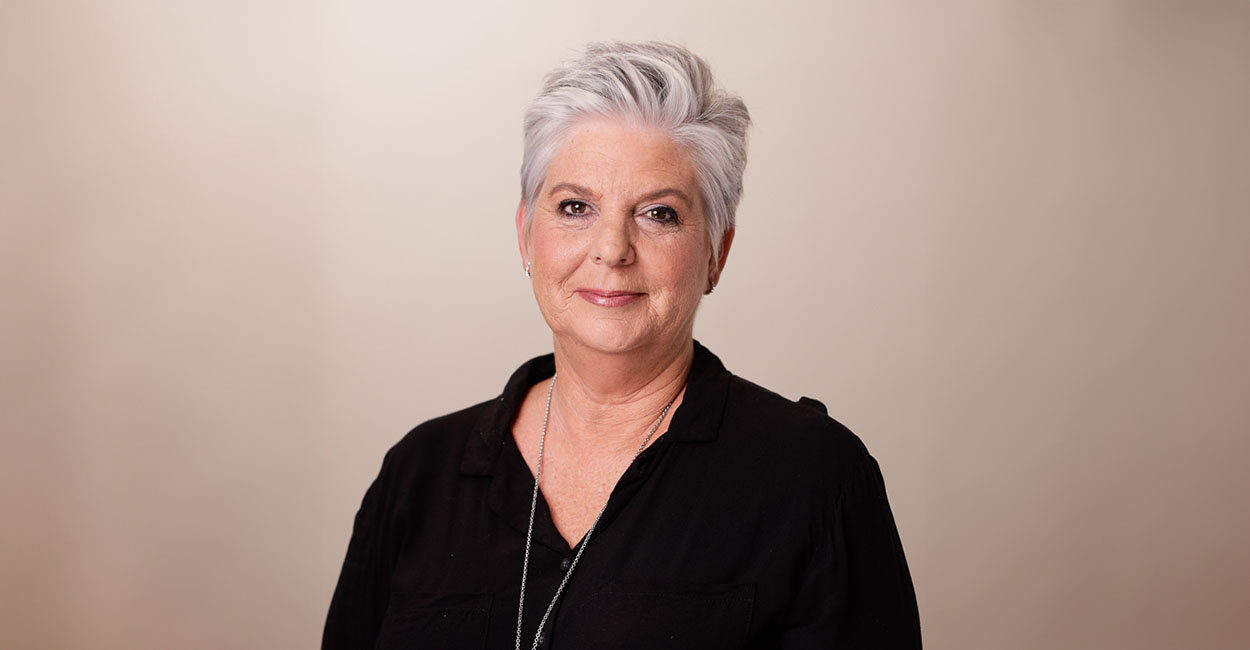MAIN IMAGE: Samuel Seeff, chairman Seeff Property Group; Cynthia Machaba, Cyn Mac Properties; Carl Coetzee, CEO BetterBond; Nondumiso Mthwa, principal Idwala Properties.
South Africa’s real estate agents came out of lockdown with modest expectations that pent up demand and historic low interest rates will encourage market activity – what they got was the busiest months they’ve seen this year with record sales figures in some cases. What happened?
After the previous rate cut in April, property experts cautiously predicted an increase in market activity in June due to pent up demand after two months of lockdown and the best conditions to buy property in years. However, all were aware of the reality that millions had lost their jobs or had seen their monthly income reduced and thousands of businesses faced an uncertain future. Would there be buyers some wondered?
Read more: Best conditions to buy property in years – but are there buyers?
The fact that their company had a record sales month in June while the country is facing the toughest time it has ever faced in its’ history greatly surprised Adrian Goslett, regional director and CEO of RE/MAX of Southern Africa. “RE/MAX just had a record sales month of 2.38 billion in reported sales in one month, it seems contrived to say congratulations and well done. I actually don’t know how to put it into words. It’s absolutely spectacular,” he says.
For Rawsons Property managing director Tony Clarke their high increase in sales activity was just as unexpected. “After a long period of not being able to finalise any property transactions, we were all hopeful for a small rebound when lockdown restrictions on real estate lifted,” he says. “What we didn’t expect was for June to be our best sales month in over three years and the second-best sales month in the history of Rawson Property.”
It is not only the bigger agencies that report being busy. Smaller franchises and independents report the same. Cynthia Machaba, principal of Cyn Mac Properties in Soshanguve near Pretoria, says they’ve also seen improved activity in the residential market since the month of June as does Lee Ellis, principal Tyson Properties Westville Office in KZN who says sales in Westville and Cowies Hill have been brisk.
‘Perfect storm’ for buyers
When the real estate industry went into lockdown following months of constrained activity the outlook for the industry was bleak. Thousands of estate agents were predicted to leave the profession unless relief came soon.
Then three things happened. The Reserve Bank brought interest rates to record lows with another rate cut in April. The deeds offices reopened (although some saw repeated temporary closures again) during May and in June estate agents could operate again.
The uptick in the market is not unexpected according to Samuel Seeff, chairman of Seeff Property Group. Buyers are eager to conclude deals that have been in the pipeline since the beginning of lockdown more than two months ago and to take advantage of the significant interest rate cuts this year – currently at a five-decade low. Banks have also been supportive with home loan approvals.
“So, the conditions have created the ‘perfect storm’ for buyers. The result has been that for many areas, it has been the busiest period this year, and in some instances, activity has been on par with the same period last year,” he explains.
More home loans approved than before lockdown
Bond originators confirm that June has seen a higher than expected increase in home loan applications but more importantly, banks have responded positively, even in approving 100% bonds. Carl Coetzee, CEO of BetterBond, says the volume of home loan applications for June were well above pre-lockdown levels. He says this may be due in part to pent up demand but adds that the pre-lockdown lowering of house price inflation and the record-low interest rate has created the ideal opportunity for buyers to invest in the property market.
ooba reports an increase of 67.5% in applications for 100% bonds in June with an approval rate of 79.9%. More than half (54.7%) of the home loans extended during June were to first-time buyers.
‘Hot’ property price bands
The primary housing market in the price band below R1.5 million has been the busiest, especially below R1 million where buyers benefit from the exemption of transfer duty, says Seeff. Clarke agrees saying the under R1 million price bracket made up 42% of their sales in June. Second was the R1m-R2m range (38.4%) with sales in the higher price brackets making up the rest.
They’ve also had successful sales in the middle to upper price bands, especially R2 million to approximately R5 million, says Pam Golding’s chief executive Dr Andrew Golding.
There has even been an uptick in the luxury market with Seeff reporting high interest from international buyers keen on investing in properties on the Atlantic Seaboard as well as high-end buyers looking at properties in luxury estates such as Zimbali and Eagle Canyon Golf estate.
Reasons for buying and selling
Not surprisingly first-time buyers in the lower price brackets are one of the biggest group of buyers. Golding says they are experiencing a high uptake among first-time buyers, especially in the under R1 million price bracket to capitalise on the zero transfer duty.
Nondumiso Mthwa, principal of Idwala Properties in KZN, says this is because the lowered interest rates have made it possible for many buyers to enter the market that previously were not able to do so due to insufficient earnings. “Then one also finds that those who were already property owners in the middle class are upgrading, as the reduced interest rates support this upgrade,” she adds.
Machaba says they are also seeing people prioritising property as an investment because of the improved affordability. “This is as a result of low interest rates which leave potential buyers with some surplus cash. This is also supported by the increase in the desire to invest in property by buying a second property to create passive income. The COVID-19 has also caused many people to re-arrange their priorities, causing many people to prioritise buying property,” she says.
Herschel Jawitz, CEO of Jawitz Properties, says they also see more tenants applying to become homeowners. “For tenants in the lower price ranges who are paying rent, the latest rate cut may mean that renting is more expensive than repaying a mortgage.”
Sadly, there are also many sellers who need to downgrade to more affordable accommodation or need the finance. “Although this is generally not a new phenomenon, it seems to be gaining momentum,” says Mthwa. She says another growing trend they see are homeowners who sell their homes in the suburbs to buy land and build in the rural chiefdoms.
The rental market is also seeing a lot of activity with many tenants looking for cheaper accommodation. This also impacts rental rates which Seeff expects will decline between 10% and 20% this year.
A more positive development is renewed interest seen from international buyers eager to take advantage of the weak exchange rate says Golding. Seeff says they’ve also had high interest from UK, Europe, USA and Zimbabwe about the Atlantic Seaboard, however, he expects most upper end luxury buyers will hold out to see a return of business confidence. Clarke is hopeful that international interest in the luxury market will improve even further once travel restrictions are lifted.
How long will it continue?
Last week’s rate cut lowered the repo rate to 3.5% and the prime lending rate to 10% – it is the lowest rate implemented by the Reserve Bank in almost 50 years and has property leaders cautiously hopeful that the current upward trend in property sales may continue.
“With the further decrease in the interest rates, I believe this level of activity will continue into August,” says Mthwa. She believes there are many potential purchasers “who are still scurrying about cleaning their credit profiles, as most believe this is their only chance to enter the property market and they don’t want to miss out.
Golding agrees saying they are “optimistic that savvy home buyers and investors will continue to take advantage of the access to finance and value for money on offer in what is currently a buyer’s market”.
Looking further ahead Goslett says there is still a long year ahead with tough times still to come after September when UIF and other economic relief starts running out. “We’ve already seen the virus and the numbers start ramping up and that’s going to have an impact not just on individuals, but on companies as well. You can expect to see layoffs in different industries across the board. We need to continue to work hard and serve our clients as best possible to provide the best quality service and to ensure that we continue along this path, because I do see tough times ahead,” he cautions. His advice to agents is to always put the customer first. “In a service centric environment that we find ourselves, people want to know that you’re good at what you do, they want to know that you can be trusted, and they want to know that you care about them. If you just hit the repeat button on those three things over and over again, well that’s when you hit numbers of 2.4 billion rand in sales a month.”








